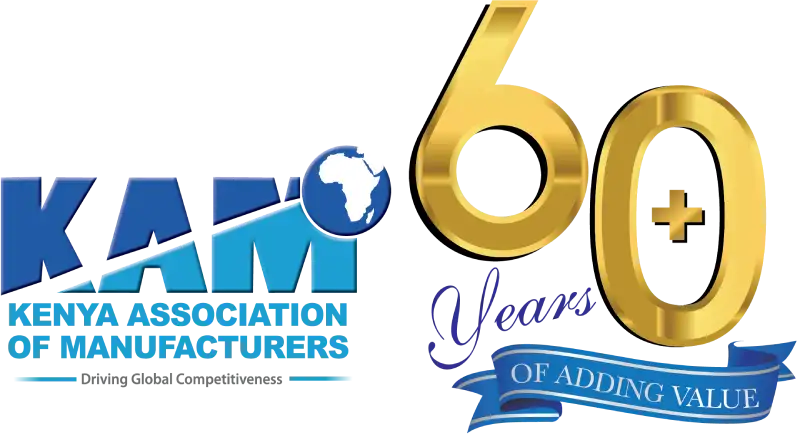Global Market Trends
The textile industry, a cornerstone of global manufacturing, is undergoing rapid transformations driven by technological advancements, shifting consumer preferences, and evolving trade dynamics. For investors, understanding these market trends is crucial for making informed decisions. This article explores the key global and regional trends shaping the textile industry, offering actionable insights and comprehensive data to guide your investment strategies.
1. Technological Advancements
The textile industry is embracing technology at an unprecedented pace. Key innovations include:
Smart Textiles
Integration of sensors and conductive threads to create fabrics that can monitor health metrics, change color, or even charge devices.
Sustainable Manufacturing
Techniques like waterless dyeing, 3D knitting, and the use of biodegradable materials are reducing the environmental footprint of textile production.
Automation and AI
Robotics and AI-driven systems are enhancing productivity and quality control, reducing labor costs and errors.
Actionable Insight
Invest in companies that are leaders in textile technology and sustainability. These firms are likely to benefit from regulatory incentives and growing consumer demand for eco-friendly products.
2. Shift Towards Sustainability
Sustainability is no longer a niche but a mainstream concern. Consumers are increasingly favoring brands that prioritize ethical production and environmental stewardship.
Circular Economy
Emphasis on recycling and upcycling textiles to minimize waste.
Eco-friendly Materials
Growing use of organic cotton, bamboo, and recycled polyester.
Green Certifications
Standards like OEKO-TEX and GOTS are becoming benchmarks for quality and sustainability.
Actionable Insight
Look for investment opportunities in companies with strong sustainability credentials and those investing in innovative materials and recycling technologies.
3. E-commerce and Digital Transformation
The rise of e-commerce is reshaping the textile retail landscape. Online platforms offer vast opportunities for reaching global markets with minimal overhead.
Direct-to-Consumer (DTC) Models
Brands bypassing traditional retail channels to sell directly to consumers online.
Data Analytics
Leveraging big data to understand consumer preferences and optimize supply chains.
Virtual Fitting Rooms
Enhancing the online shopping experience through augmented reality.
Actionable Insight
Invest in textile companies with robust e-commerce strategies and those leveraging data analytics to enhance customer experiences and operational efficiency.
Regional Market Trends
1. Asia-Pacific: The Manufacturing Powerhouse
Asia-Pacific remains the epicenter of textile production, driven by cost advantages and robust infrastructure.
China and India
Dominant players due to their vast labor pools and advanced manufacturing capabilities.
Vietnam and Bangladesh
Rising stars benefiting from lower labor costs and favorable trade agreements.
Actionable Insight
Consider investments in companies with strong production bases in Asia-Pacific, particularly those diversifying across multiple countries to mitigate risks associated with geopolitical tensions and trade policies.
2. Europe: Innovation and Luxury
Europe is known for its high-quality textiles and fashion innovation, with a strong focus on luxury and sustainability.
Italy and France
Leaders in luxury textiles and fashion design.
Scandinavia
Pioneers in sustainable textile practices and innovative materials.
Actionable Insight
Invest in European textile companies that combine tradition with innovation, particularly those in the luxury and sustainable segments.
3. North America: Reshoring and Customization
North America is witnessing a resurgence in domestic textile production, driven by reshoring initiatives and demand for customized products.
USA
Investment in advanced manufacturing technologies and sustainable practices.
Mexico
Benefiting from proximity to the US market and trade agreements like USMCA.
Actionable Insight
Look for opportunities in North American companies focusing on reshoring and customization, which cater to the growing demand for locally produced and bespoke textiles.
Conclusion
The textile industry is at a pivotal juncture, with technological advancements, sustainability, and digital transformation driving global and regional trends. For investors, staying ahead of these trends and identifying companies that are innovators and leaders in these areas can provide significant returns. By focusing on technological leaders, sustainability champions, and companies with robust digital strategies, investors can position themselves to capitalize on the dynamic and evolving textile market.
Key Takeaways for Investors
Technological Leaders
Invest in companies at the forefront of textile technology and automation.
Sustainability Champions
Prioritize firms with strong commitments to sustainable practices and materials.
E-commerce Innovators
Look for companies with effective digital strategies and direct-to-consumer models.
Regional Diversification
Balance investments across key regions to mitigate risks and capitalize on specific market strengths.
By aligning your investment strategies with these trends, you can make informed decisions that leverage the opportunities presented by the rapidly evolving textile industry.

